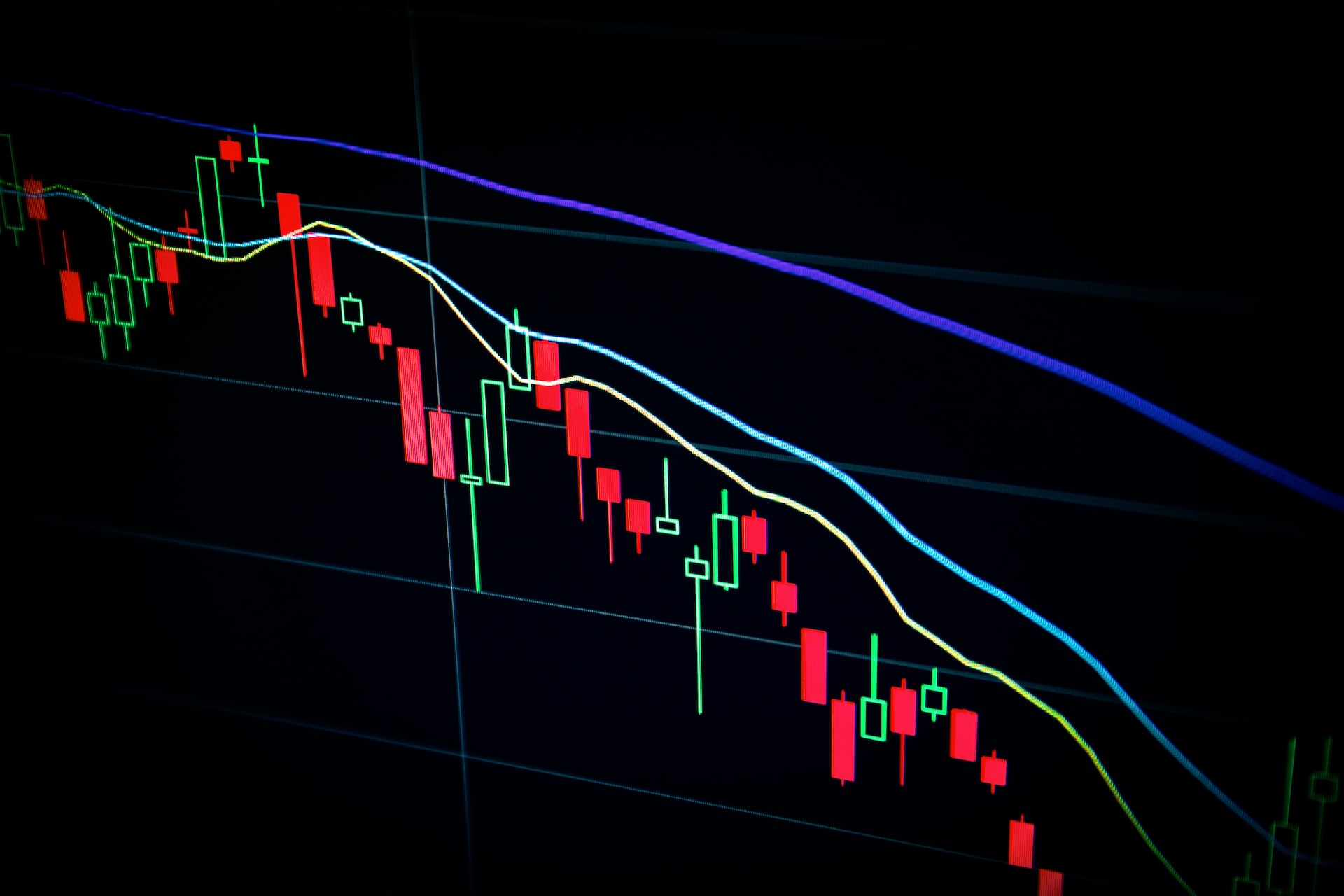Share investors will be happy to see the end of 2022. It was a brutal year for global stock markets. The S&P 500 shed $1.8 trillion in market capitalization. Losing 19.4% of its value, the biggest drop in a single year since 2008. The Nasdaq Composite was hit even harder, losing 33.1% of its value last year. So, what drove this enormous drop in market capitalization?
Monetary and fiscal policies aimed at easing pandemic woes increased the demand for goods. At the same time, factories across the world closed, restricting the supply of goods. Prices started to rise, and inflation became a major issue.

Interest Rates Rise
The Federal Reserve responded to the highest inflation since the early 1980s with aggressive interest rate increases. Interest in the world’s largest economy totaled 4.25% over the year. Central banks across the globe followed suit and stock markets responded. The effects of interest rates vs the stock market are well known.
Higher interest rates increase the cost of borrowing. Inflation erodes buying power, making it more difficult for people and organizations to save or invest. Last year, the combined effects of inflation and rising interest rates drove the reduction in stock prices.
Will Inflation Drop in 2023?
With some exceptions, inflation had started to ease by the end of 2022. Average global inflation for 2022 is estimated at 8.8% and is expected to fall to 6.5% in 2023. Still, there are many uncertainties.
Russia’s war in Ukraine and the increased cost of energy may continue to push inflation upward. In addition, China’s about-turn on Covid-19 management may help to open markets and increase trade. It all depends on how quickly life can return to normal in China. The Chinese population is not as well-vaccinated as many other countries. A major outbreak that fills hospitals may force a return to economic lockdown and impact the global economy.
Share Price Prospects Remain Uncertain
The share price prospects for the coming year are uncertain. Some investors believe that a recession is imminent. If there is a recession, then shares are likely to drop still further in 2023. History shows that shares react strongly during recessions, but they also tend to quickly bounce back.
Savvy investors who know what to look for can continue to make profits even in an environment where share prices trend downwards. Still, most financial analysts expect moderate gains from the market in 2023. Investors must choose their stocks carefully, adopting cautious strategies.
Buy Defensive Stocks
In uncertain times, careful investors should bank on defensive stocks. Defensive stocks are shares in stable companies that have tracked steadily over time. The stability of these shares will typically see them safely through difficult economic times. Defensive stocks are non-cyclical and seldom affected by business or economic cycles because the products they represent are often necessities such as food, medicine, and utilities.
Look Out for Under-valued Growth Stocks
Growth stocks don’t perform well when interest rates are high. In good times, these shares offer the highest returns on investment. Growth stocks typically grow faster than the equity market, but their share prices are volatile. A loss in share price may have left some growth stocks undervalued. Investors looking for long-term growth prospects may find low costs shares in growth stocks with the potential for long-term growth. Well-known and popular brands will recover when there is more available money.
Financial Market Investments
Financial organizations benefit from high a high-interest environment. If, in your view, high-interest rates are here to stay, consider buying financial shares in banks and insurance companies. You must, however, take a balanced view as reduced use of borrowed funds will negatively impact profit margins and share value.
Buy Shares in Brands that Robust Price Power
Buy shares in brands that can name their price. In inflationary times, such firms can raise prices without worrying about reduced sales. These businesses are found in high-demand environments like pharmaceuticals, electronics, and fabrics.
The Prospects in a Nutshell
Inflation has started to ease and should continue to do so through 2023. The interest rates are, however, unlikely to drop in the foreseeable future. Careful investors may see this as an opportunity to grow their portfolios.
















